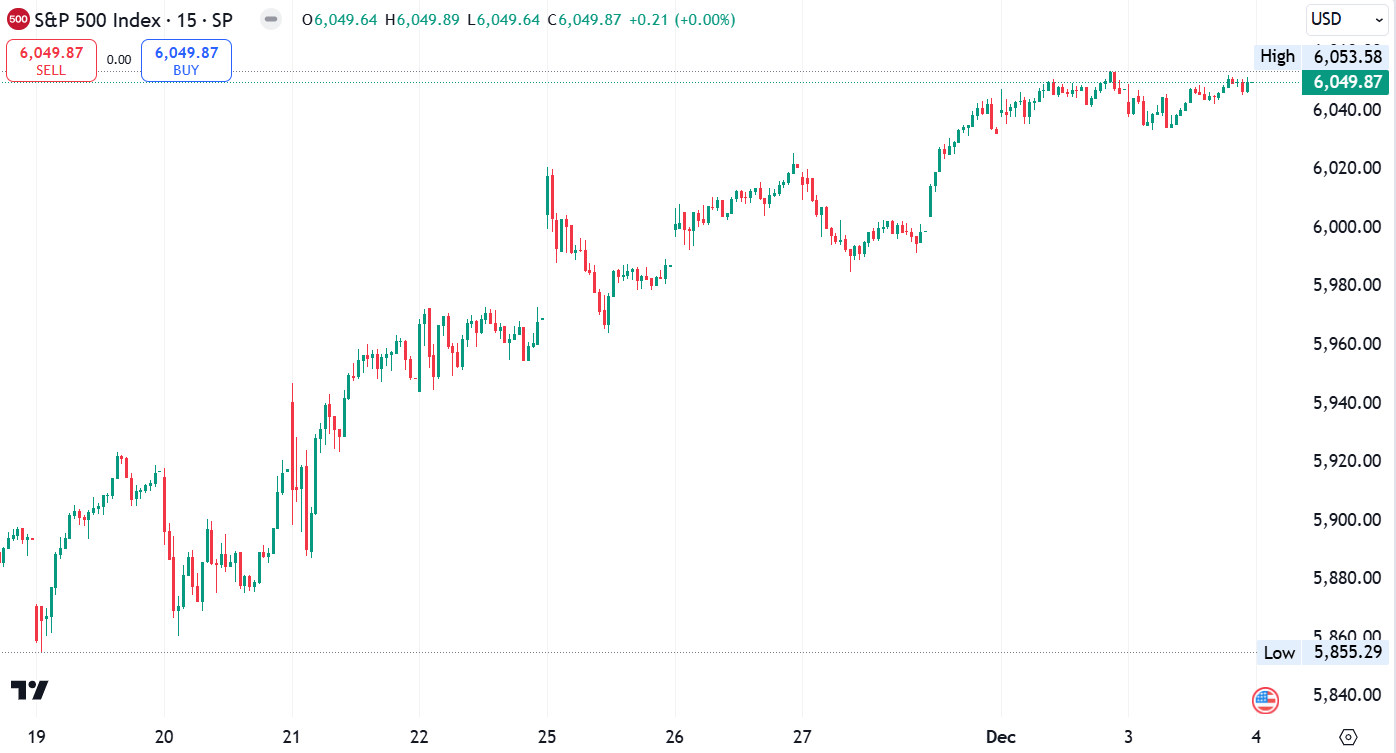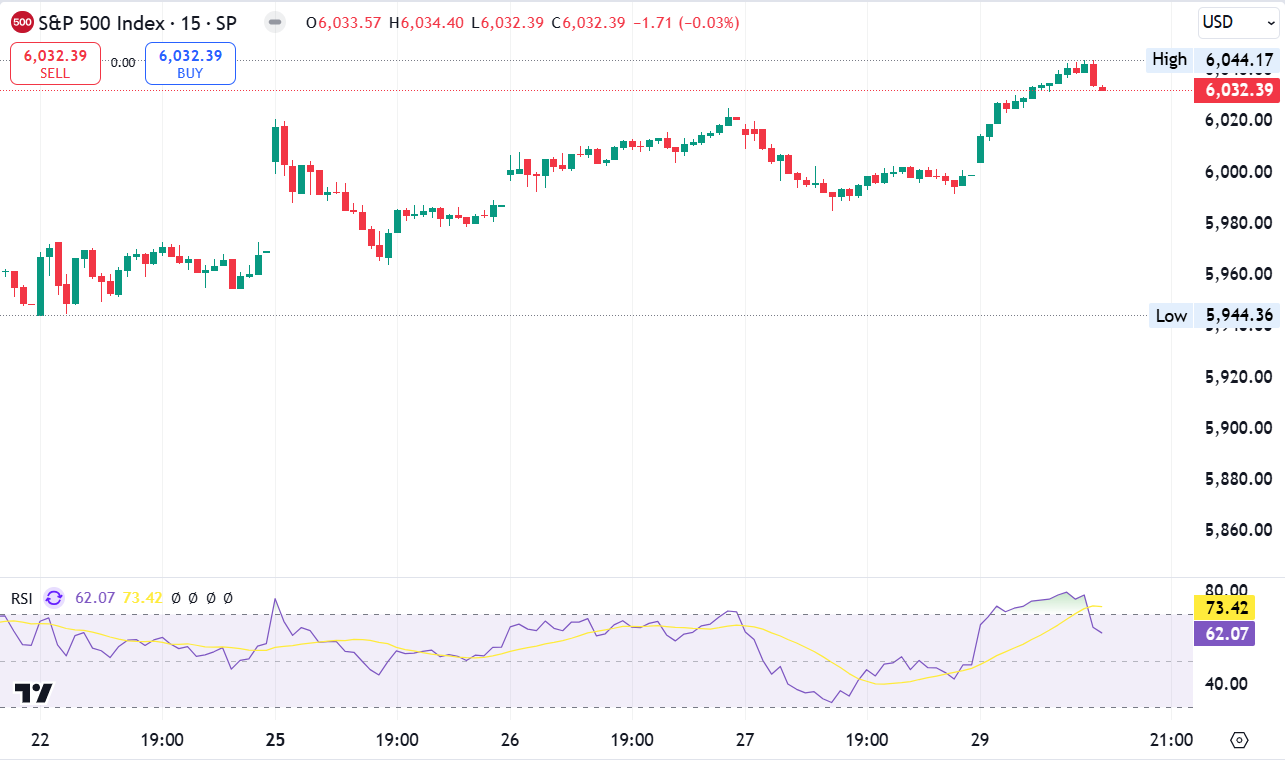Insights into 2024 Trends for Commodity Funds

Insights into 2024 Trends for Commodity Funds
As we enter 2024, the commodity trading world is set for an intriguing journey. HSBC’s analysis, released on January 2, offers valuable insights into the factors shaping commodity prices in the upcoming years. With a projection of a two per cent increase in 2024, followed by a four per cent decline in 2025, commodity funds are likely to encounter both challenges and opportunities. This article examines the influences behind these forecasts and explores strategies for commodity investing in this evolving landscape.
China’s Growth and Supply Constraints
HSBC predicts that China’s growth recovery and ongoing supply constraints will play a crucial role in supporting commodity prices throughout 2024. The combination of increased Chinese demand and limited supply creates an environment conducive to strategic commodity investing. While geopolitical risks and expectations of more relaxed monetary policy in the latter half of the year could drive prices up, commodity traders must be aware of the potential downsides, particularly the global growth slowdown.
Performance Variances Across Commodities
In 2023, commodity prices experienced significant fluctuations. Cocoa and iron ore saw substantial increases, in stark contrast to the decline in natural gas and coal prices. For 2024, agricultural products should outperform energy and industrial metals, driven by supply limitations and dry weather conditions. Commodity funds should adjust their portfolios to reflect these market segment nuances, closely monitoring the evolving commodity landscape.
Commodity Funds: Projection and Challenges
HSBC forecasts an average Brent crude price of $82.50 per barrel and U.S. Henry Hub natural gas prices at $3.75 per million BTUs. The year 2023 was tumultuous, with crude futures dropping by over 10 per cent due to geopolitical unrest and oil output concerns. U.S. natural gas futures experienced their most significant percentage decrease since 2006, impacted by record production, ample inventories, and mild weather. Commodity traders and brokers utilizing commodity trading platforms must incorporate these projections and challenges into their decision-making process.
In conclusion, as we progress through 2024, commodity funds will navigate a dynamic landscape filled with both promising opportunities and potential risks. Furthermore, successful commodity investing requires a nuanced approach, given the varied performances across different commodities. It’s crucial for commodity traders and brokers to understand the projections, challenges, and market dynamics. Leveraging the capabilities of advanced commodity trading platforms, they need to adapt their strategies to capitalize on opportunities and minimize risks in this evolving market. The resilience of commodity funds will be tested in what promises to be a defining period for commodity trading.
The post Insights into 2024 Trends for Commodity Funds appeared first on FinanceBrokerage.



